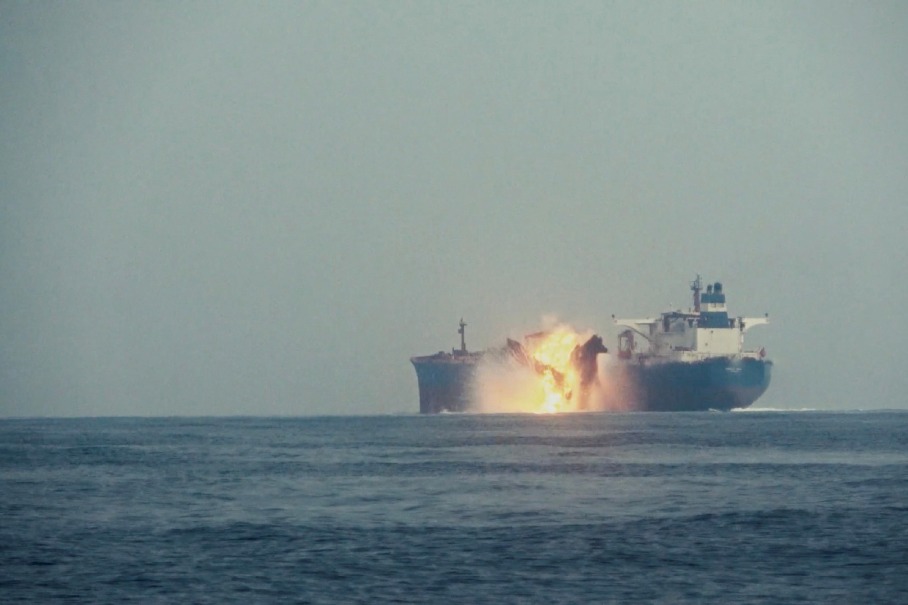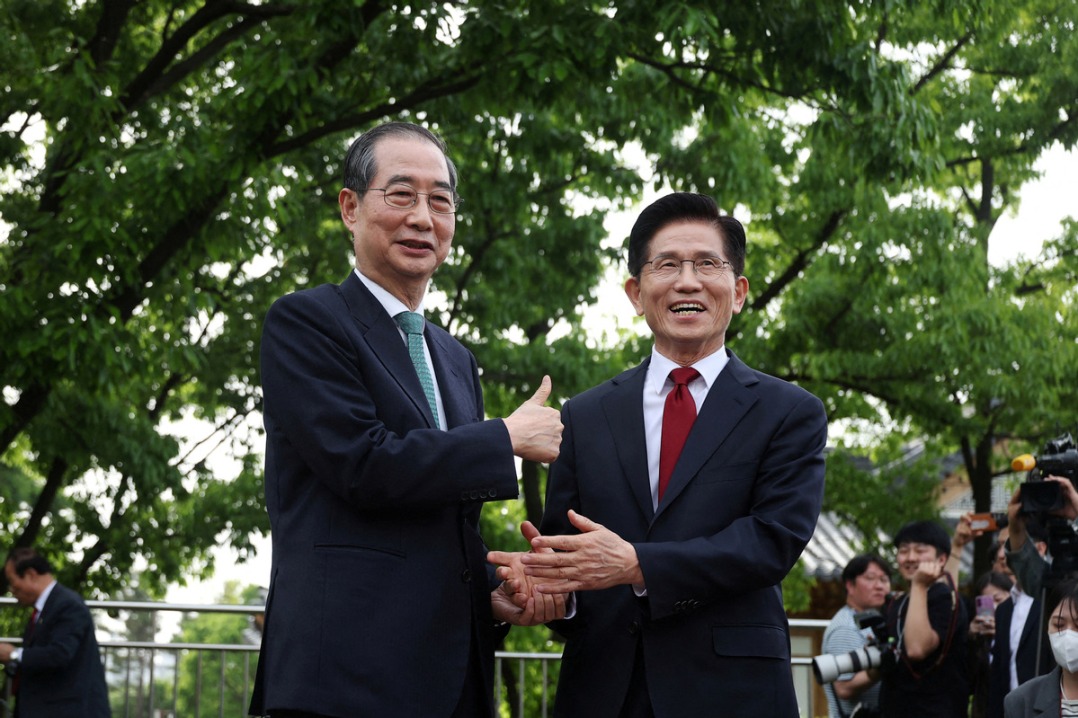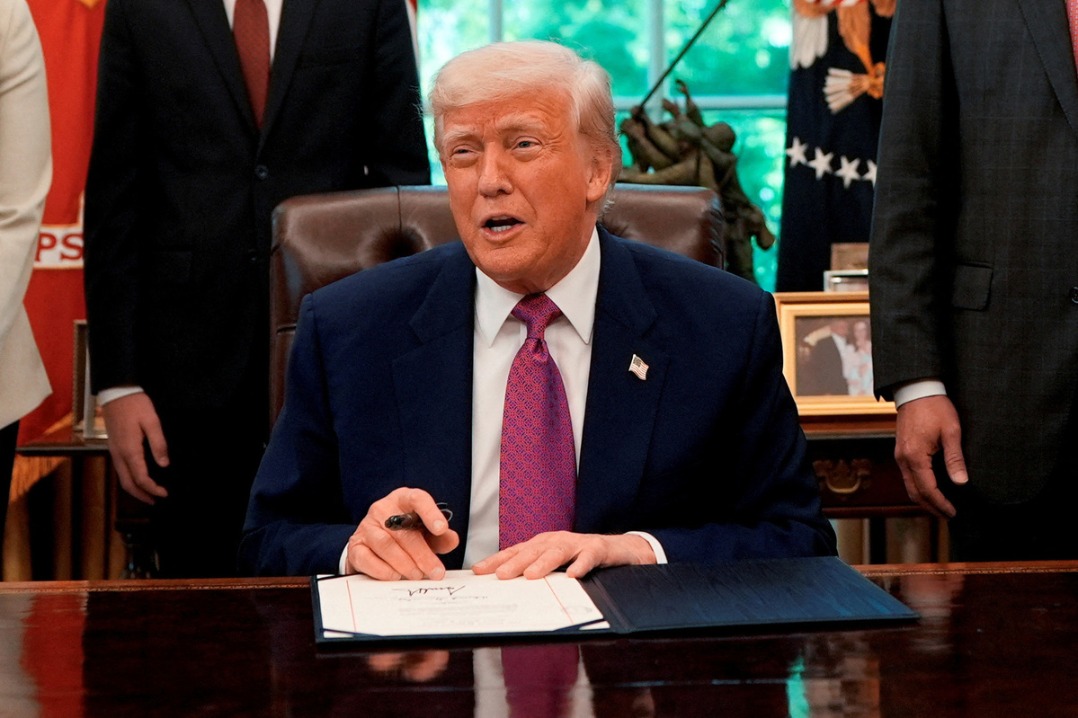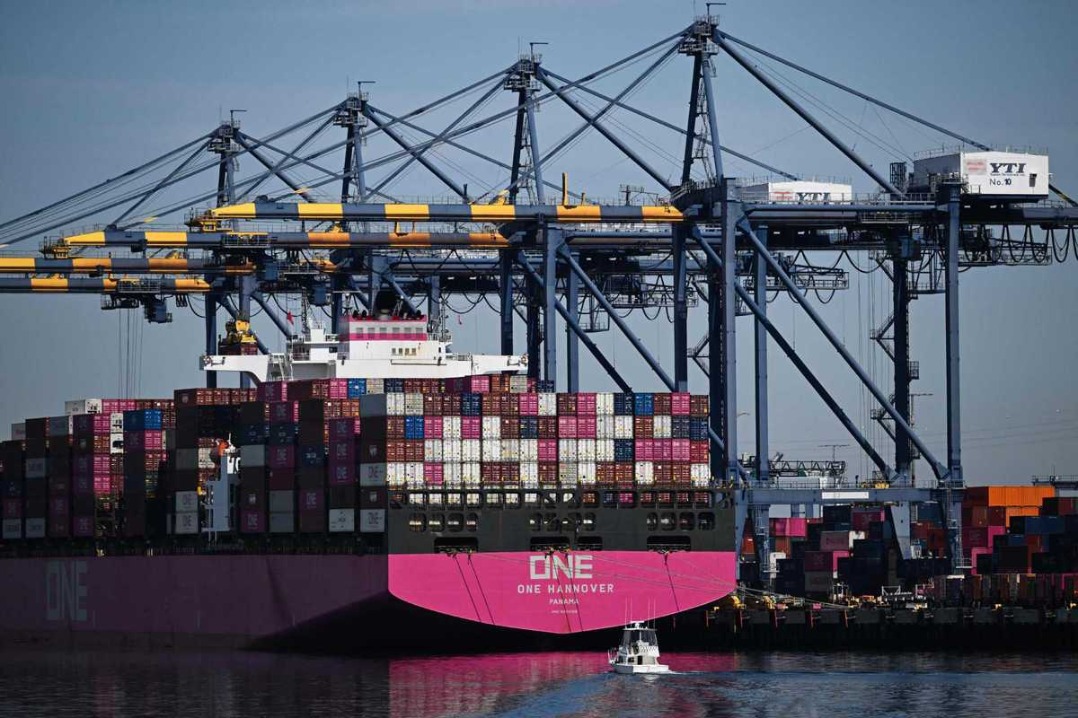Cooperation in Asia viewed as way to counter food crisis

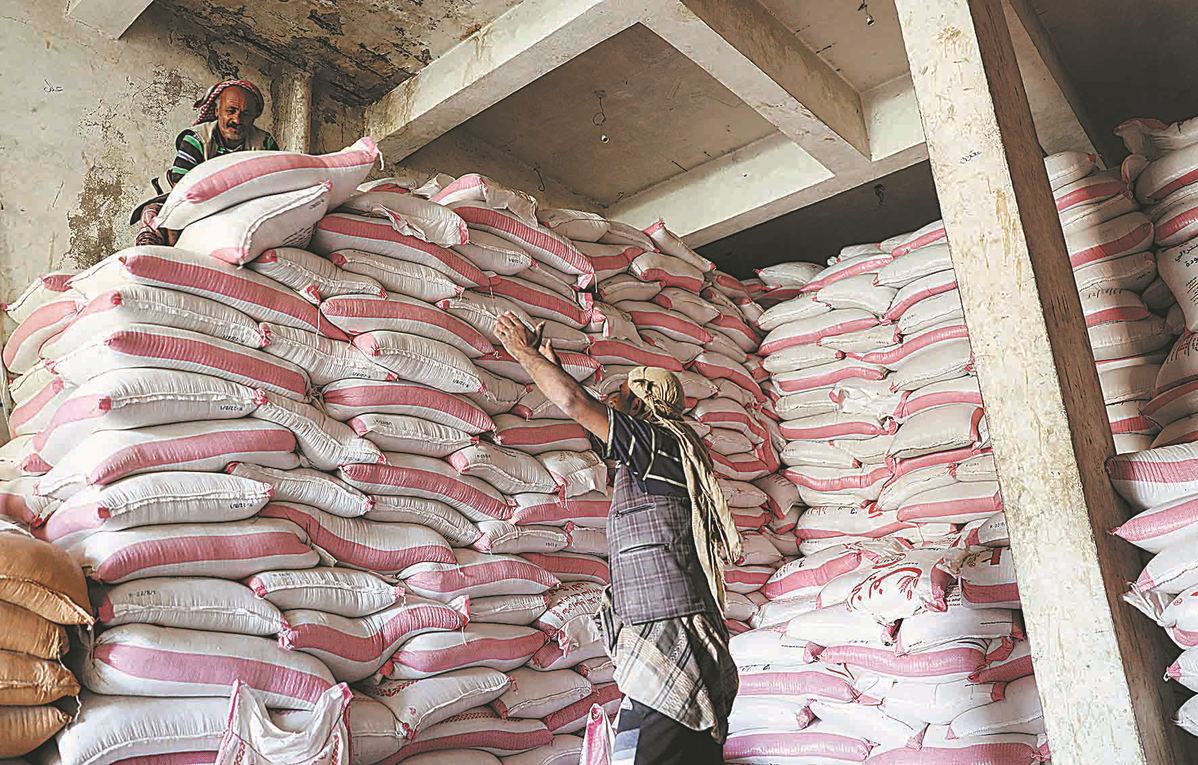
Joining hands for solutions
Sok said regional countries should discuss ways to find solutions to the crisis, while supporting regional food security initiatives and promoting stability by lowering tariffs and nontariff barriers to sustain agricultural exports.
At a two-day meeting in Bangkok on May 21-22, trade officials and representatives from the Asia-Pacific Economic Cooperation economies expressed similar concerns over the still-fragile recovery from the pandemic in the region, including global supply chain disruptions, inflation, food and energy crises.
"We are concerned about the increase in food insecurity and hunger globally," said a chair's statement issued after the meeting of APEC Ministers Responsible for Trade meeting. It also reiterated the shared commitment shown in an initiative known as the APEC Food Security Roadmap Towards 2030 to help each other achieve food security, recognizing that a well-functioning food system is critical to people's health and well-being and to the success of the region's economies.
"We believe that there are many factors that affect food security, however, a free, open, fair, nondiscriminatory, transparent and predictable trade and investment environment can help support increased food security," said the statement, which also called for support from the World Trade Organization.
As natural resources like water are key to rice production in the Mekong region, Phung from the Mekong Development Research Institute said it is important for countries to cooperate on water management, especially relating to agricultural production and hydropower.
"They should also develop a mechanism like OPEC in order to obtain the maximum benefit from agriculture exports and then to ensure the food security for the region and Asia," said Phung, referring to the Organization of the Petroleum Exporting Countries, which was formed to coordinate and unify petroleum policies among member countries.
In May, Food and Agriculture Organization Director-General Qu Dongyu called on governments to "refrain from imposing export restrictions, which can exacerbate food price increases and undermine trust in global markets".
At 160 points, the FAO Food Price Index reached its highest level ever in March, and averaged 158.2 points in April.
Beyond Asia, Bart Edes, a distinguished fellow at the Asia Pacific Foundation of Canada, said East Africa is among the hardest-hit regions in the world due to the combined crises including the Russia-Ukraine conflict.
In Ethiopia, Kenya and Somalia, the number of people experiencing extreme hunger has soared from over 10 million to more than 23 million since last year, according to a report released by nongovernmental organizations Oxfam and Save the Children on May 17.
The Russia-Ukraine conflict "is compounding existing problems in the world's system for feeding people", Edes said.
















